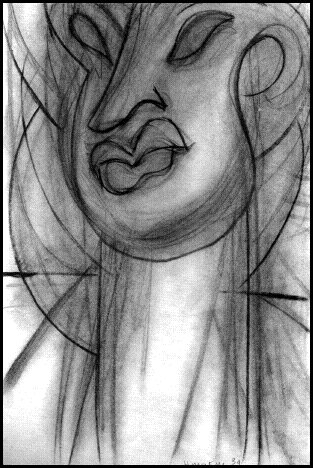Traversing the Path of the Buddha
Ringu Tulku
(Snow Lion)

Tulku's theory of suffering seems an equal stretch:
- Although we see that others are suffering greatly, we know that their suffering is almost needless. They are not doomed to be in pain, because their suffering just comes from a wrong way of seeing and reacting. If they could see how things truly are, they would not suffer anymore. This is the understanding of an enlightened being.
I'm not sure how these words would sit with someone just out of the earthquake in Haiti, the poorest denizen of Buffalo, or a prisoner recently freed from Belsen.
There are, however, moments when Tulku offers a mind-bending philosophy. On punishment, for example, he claims that it helps for us to visualize the one who creates pain in others as "someone who is sick or has gone mad, since they do not realize that their actions will bring negative results to themselves."
- If we develop a strong understanding of this, we will not feel a need to punish them. When they harm others, they are harming themselves and creating a cause for their own future suffering.
Great. Now none of us have to think bad thoughts about Bush, or Rumsfeld, or Karl Rove. Some day, sometime after they have gone to what they are thinking of as the land of milk and honey, they're gonna get it, and get it good. Angels need not apply.
Tulku quotes from Ngulchu Thogmé to the effect that some day "we will be separated not only from our possessions and friends, but also from our body, in which our mind is just a guest." Reality? You made it up. There is no separate "me" or "you," for "everything is interdependent." Since nothing is real, we can think of everything as if it were a dream, and we can dream of anything.
"As long as everything is viewed as being solid and real, nothing much can happen, since all these solid things must remain as they are."
- Once everything is known to be insubstantial and changeable, and we dedicate in light of this wisdom, our dedication will gain greater power.
If Daring Steps has nothing else going for it outside of this lunacy, it does have some exotic exercises for us, especially for those of us who worry about the baby spitting up on the new carpet, the fact that the house will be repossessed sometime next week, and the war in Afghanistan that came from one we thought to be our favorite president of all time.
There is, for instance, a meditation on the Dalai Lama's beliefs about more routine things ... like being born, or popping off. "He was asked about his view on birth an death; he laughed and said, "I am born and die six times every day."
Or there is the matter of "Actualizing the Deity." "You should train reciting the mantra."
- This can be done by number, such as reciting each syllable a hundred thousand times...
"You recite the mantra until the actual experience is there and you see its signs as dreams and so on."
As I was working my way through Daring Steps, friend Emma dropped by with her daughter. Emma had told her daughter that I had written some books ... not a few of them with names different than what I had once assumed were my own (Lolita Lark, A. W. Allworthy, William Shakespeare). Daughter thus asked if I had written Daring Steps. I replied that I had. "Why are you reading it then?" she asked.
"Because I forget," I said: "I forget so much that I often have to reread these things just to make sure that I had written them in the first place."
She asked me why I had chosen the name Ringu Tulku.
"Because," I said, "He's one of my favorite singers."
"Who are you talking about?" she asked.
"You remember," I said, assuming she wouldn't, "that guy, my hero ... the one in A Hard Day's Night? I named it after him."
All these ideas of practice and deity and self, are, by the way, just that: ideas, stuff we come up with to keep ourselves busy.
- At a certain point you will see that the deity to be meditated upon, the mantra to be recited, and so on, are just concepts, mere contributions of the mind. Apart from mind, there is nothing to accomplish.
Thus, all hopes are made from within.
And without.
